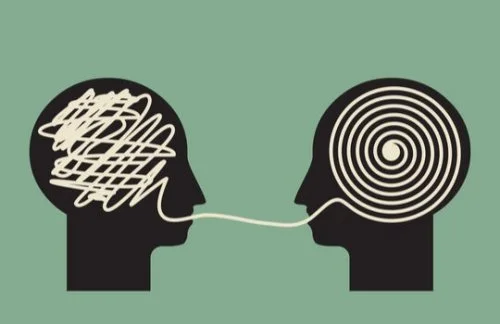Is there a “right age” to learn a new language? When are we most receptive to learning a language? How do children learn languages? What are the benefits of picking up a foreign language? Let’s find out…
How do children learn language?
One researcher called Noam Chomsky believed that the ability to team language is innate. Every child instinctively knows how to combine nouns and verbs to form the structure of sentences, and he will learn to do so regardless of whether he is taught to do so. The researcher had observed that children all over the world, no matter what language they speak, acquire language at around the same ages-they will learn their first words at the same time, speak bwo-word phrases at the same time and start speaking in sentences at the same age
Another researcher B. F. Skinner disagreed. He believed that children learn language through experience and rewards and punishment. For instance, if there is a dog in the room and the child says ‘dog, his mother will reward him with a smile. The child thus learns that dog is the correct term for the creature and will use it the next time. Similarly, teachers and parents will criticise incorrect grammatical constructions and reward correct ones, and that is how the child learns to speak correctly.
Is there a right age to learn a language? One can learn to speak a language at any time. However, there seems to be a ‘critical period for language development-about age 5, when we are most receptive to learning a language. It is easier to pick up a language at this age.
Learning foreign languages
Research has demonstrated many benefits of learning a foreign language. Apart from the obvious benefits of learning about a new culture and being able to communicate better with people from different countries, it also helps to develop several mental skills. When you learn a new language, you tend to pay more attention to grammar rules and sentence construction, and through this, you get a better understanding of the structure of language. Ultimately, this helps you to use your original language more effectively. Learning French will thus make you a better English speaker as well. Individuals who speak more than one language have been found to have better attention spans. They may be better at multi-tasking and decision making.
Learning a language can also boost our memory. Some researchers have found that learning a new language helps to enhance the development of certain areas of the brain-you actually build grey matter, just as exercising helps to build muscles! Bilinguals, i.e., people who can speak two languages, have been found to develop Alzheimer’s disease (a disorder in old age where people lose their memory) at a much later age than those who speak just one language.
Quick tips
We can use psychological principles to help us leam a foreign language. Here are some tips.
Language is best learnt in the natural surroundings where it is spoken, rather than in a classroom. Hence, speaking to others who speak the language and leaming conversational phrases, is more effective than mere rote repetition of words and grammatical structures.
Exposure is key-it is useful to immerse yourself in the language, rather than devote one hour per day to studying the language. The reason why people who go to a foreign country learn to speak the language quickly is that they are surrounded by it. Watching movies, listening to songs, reading books and talking to people in the language will be of great help. You can also keep little vocabulary chits around your house write a cand saying the French word for mirror and place it next to the mirror, the word for ‘toothbnish’ near the toothbrush, etc.
Working on all aspects of the language speaking, listening, reading and writing is helpful to understand how a word is written and pronounced.
Practise-One of the best ways to learn a language is to keep speaking it, rather than passively listening. Do not worry about making mistakes. Talking to native speakers of that language, forming a study group where all of you converse in that language completely, is very effective. Online groups are also available.
Have fun with it-Having fun with learning helps to keep you motivated. Singing songs, playing word games, enacting plays in the language, etc. will help you learn it better.
Picture Credit : Google





